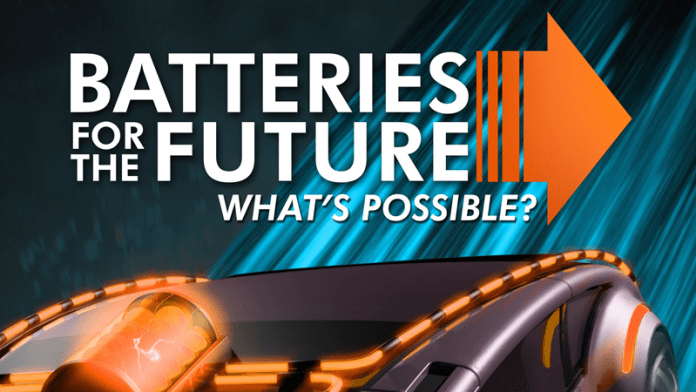Although there are many projects currently underway, as it has been discussed in the past, none of them is close to becoming a reality due to the long and expensive feasibility of scientific research. Now water is taken as a likely alternative. We have already talked about sodium ion batteries, lithium-sulfur batteries and even sea water have been considered as a component of the batteries of the future. In this sense, the latest development in battery technology has become quite exciting. Harvard researchers have the prototype of a battery that is non-toxic and longer lasting than any currently available lithium-ion solution. The so-called “Flow Battery” is based on organic molecules in a neutral pH water solution, and is expected to last for over ten years, which is a big improvement over current battery technology. Researchers have modified the structures of the molecules used in positive and negative electrolyte solutions to make them water soluble, and the Harvard team was able to create a battery that loses only 1% of its capacity in every 1000 cycles. As a result, the batteries become non-corrosive and cheaper to produce. Lithium-ion batteries do not even survive 1000 full charge/discharge cycles, Michael Aziz, one of the researchers, said. In addition to greater safety and durability that is also superior to conventional lithium-ion batteries, there is also a significant cost reduction. A goal was set by the energy department to build a battery that could store energy for less than $100 / kilowatt-hour. With this evolution, the battery in question thus becomes a strong candidate for industrial applications, such as the wind and solar energy storage.
This work on aqueous soluble organic electrolytes is of great significance in pointing the way to future batteries with a much-improved life cycle and considerably lower costs. I hope that efficient, long-term Flow Batteries become standard as part of the electrical network infrastructure Added Imre Gyuk, Director of Energy Storage Research at the Department of Electricity (DOE). The Flow Battery could thus be the natural substitute of the current lithium-ion battery that is increasingly used and may have reached saturation point in terms of its evolution.
Δ


